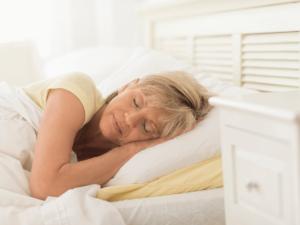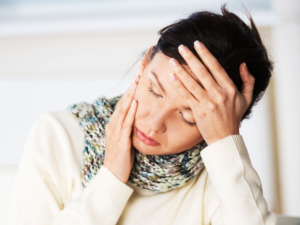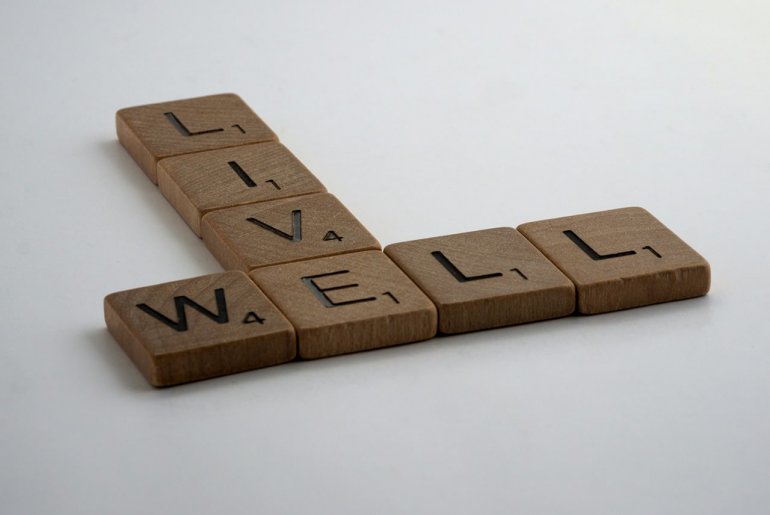What fun! … Menopause & The Holiday Season … Yikes!
Here is the important thing to know about menopause and the holiday season: stress triggers menopause symptoms. According to Dr Louise Newson, a medical doctor with a busy menopause practice, “While no two women experience the same menopause – all symptoms are exacerbated by stress and tiredness.”
Christmas pretty much fits that “stress and tiredness” situation, and then some. The internet is always full of advice: the good, the bad and the ugly. Here are our picks for the 10 best tips for minimizing holiday stress, and hopefully those menopause symptoms.
TEN: Lighten up. Reduce your expectations. Let go of perfection.
NINE: Practice gratitude. Consider a journal. Think positive. Find ways to laugh out loud. Watch funny movies; tell silly jokes; have fun. Then take a moment to appreciate those moments.
EIGHT: Stay organized (or get organized); make a list; identify what you can do within reason, and what you cannot do. What are your “Must-do Items”, and your “Bonus If-I-have-time Items”? If in doubt, memorize TEN.
SEVEN: Ask for help. Christmas can be overwhelming. Ask family, ask friends. Delegate if it works for you.
SIX: Practice out loud: “No, I’m not available to help at this time.” There is no point taking on more tasks if you already need help with what is on your own list – politely say no.
FIVE: Manage your alcohol consumption – do not increase it. For every alcoholic beverage, drink one or two glasses of water. Put your water in a wine glass to make it more festive.
FOUR: Exercise; move and stretch; walk outdoors. Find time for yourself. Every day.

THREE: Sleep well. This can be a really tough one. Falling asleep and staying asleep are two different issues. But we know this for sure – more stress will not help with quality sleep – and lack of sleep does not help with stress.
TWO: Eat healthy; don’t consume bad foods every day, all day, just because it’s holiday time. Pick your moments for your favourites. Enjoy the indulgence.
And the number one best tip, not just for the holidays, but for living every day as best you can during this transition:

ONE: Know Your Symptoms. Know Your Triggers. Why? Because chances are that a few glasses of red wine will trigger a hot flash. Or maybe too many unhealthy carbs? How will you know for sure? Use an electronic symptom tracker, or write symptoms and triggers on a calendar, or journal them. Knowing your symptoms is the most important information you can have for your health and wellbeing, especially during high stress situations.
You can find the iOS Vergo Menopause Tracker in the app store. Not only is it free of charge, but it is free of advertisements. There are very quick daily questions, and more in-depth weekly questions where you can journal if you want.
Click the button below for more information!
Get Vergo
For those of you that would like more information on stress, take a look at what webmd.com recommends, and also take a closer look at Dr Louise Newson’s article, both listed below.
https://www.webmd.com/balance/stress-management/stress-management
https://www.netdoctor.co.uk/healthy-living/a29311/menopause-tips-winter/




